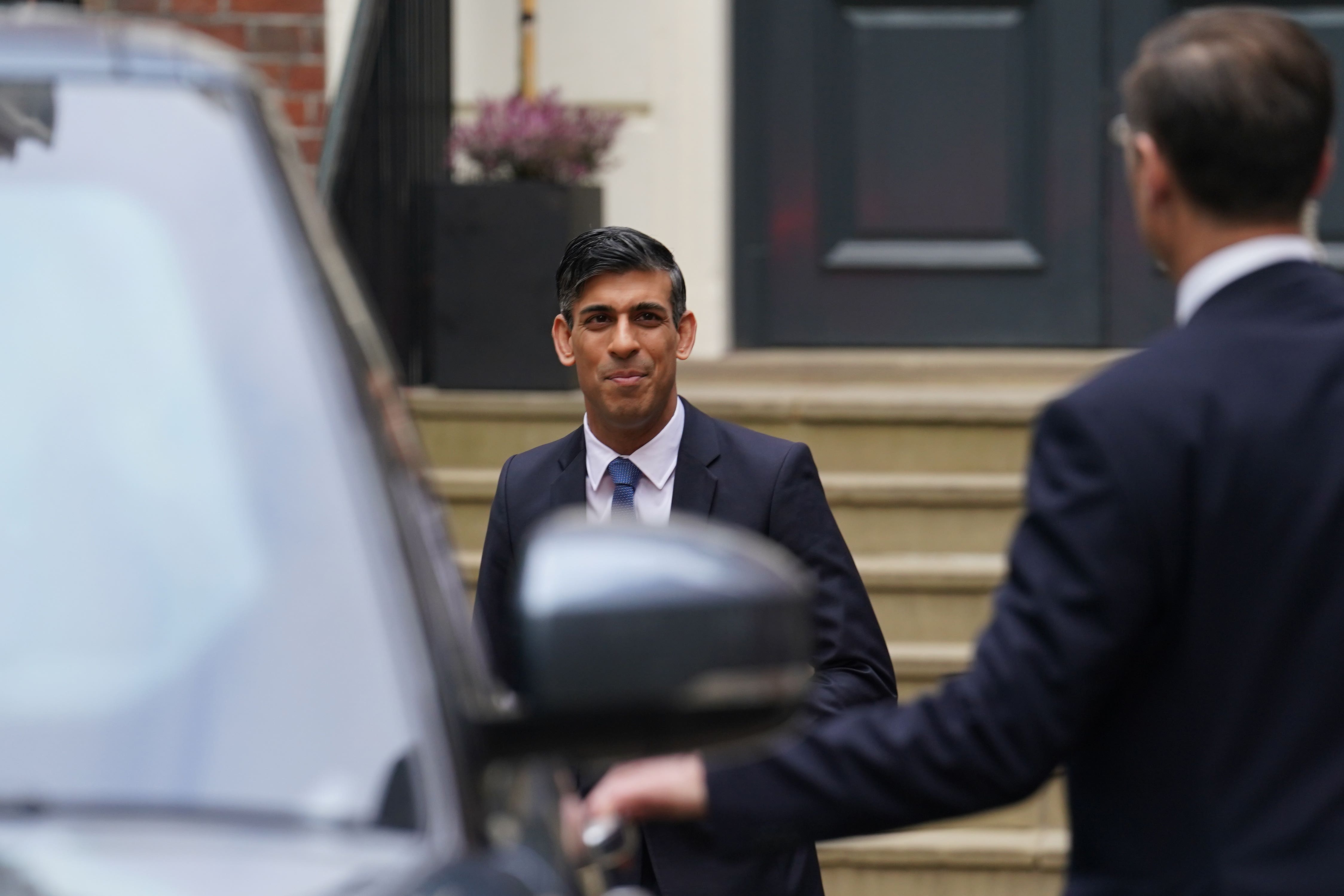Rishi Sunak defends voter ID laws after backlash from Jacob Rees-Mogg
The prime minister’s remarks follow a former cabinet minister’s suggestion that it was an attempt at ‘gerrymandering’

Rishi Sunak has defended new voter ID laws after former Tory minister Jacob Rees-Mogg claimed they were a backfired attempt to improve the Conservatives’ electoral chances.
The prime minister also insisted the vote is a “privilege” that should not be extended to 16-year-olds and settled EU citizens as Labour considers extending the right.
His comments came after an analysis of council data suggested thousands of people did not vote in this month’s local elections because they lacked the correct ID.
Mr Rees-Mogg, who had been supportive of the move while in government, subsequently said it was an attempt at “gerrymandering” that had backfired to suppress the Tory vote.
But Mr Sunak said he was “very comfortable” with the move and indicated he would be pushing on with requiring ID at the next general election.
He defended the law to reporters travelling with him to the G7 summit in Japan, arguing the vast majority of people have the correct ID and it is required in many other countries.
“Those are all the facts that make me think it is an entirely reasonable thing to do in line with lots of other countries including in Northern Ireland, which the Labour government did,” Mr Sunak said.
“Also I think it is an entirely reasonable thing that there is integrity in our voting system.
“That’s my general view on that.”
The Electoral Commission will evaluate and publish its findings on how voters were impacted, he said.
“But in general I’m very comfortable about the approach that we’ve taken.”
The BBC collated data from 160 of the 230 councils in England that held votes on May 4 shows 26,165 voters were initially denied ballot papers at polling stations.
Of these, 9,577 did not return, while 16,588 people came back with valid ID.
Labour leader Sir Keir Starmer has indicated he backs lowering the voting age to 16 and extending voting rights in general elections to settled migrants.
But Mr Sunak ruled this out.
“Our position on that hasn’t changed.
“I think that voting is a privilege.
“We have a set of rules in place about who is eligible to vote.
“And we have no plans to change that,” he said.



